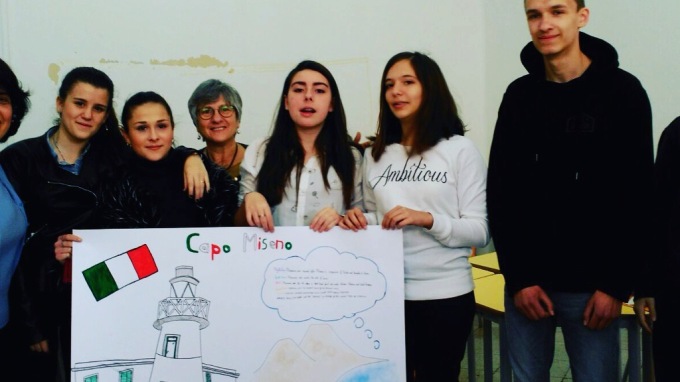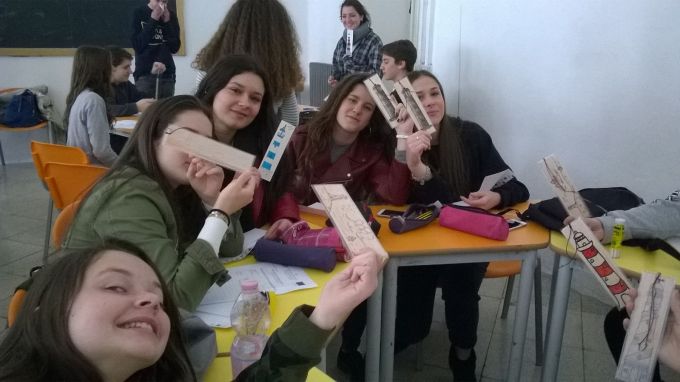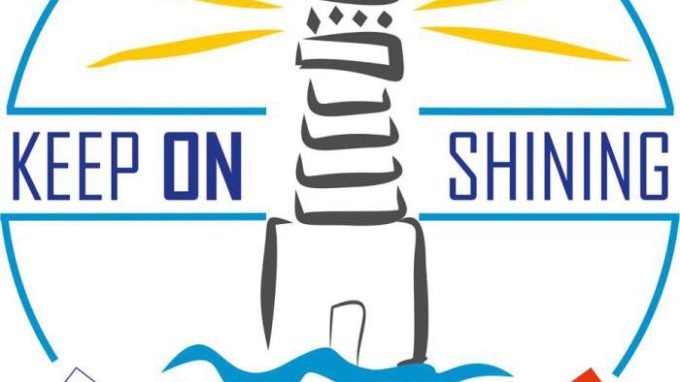Keep on shining: a project on lighthouses is an Erasmus + KA219 project developed by five schools from Spain, Germany, Italy, Finland and Greece. You can find here more information about the partner schools.
The key areas of our project called “Keep on shining: a project on lighthouses” relate to students learning different research techniques around local lighthouses. The project will be divided in 5 research fields, which correspond to the stages on which the project is based: 1 historical-literary, 2 artistic, 3 scientific-technological, 4 social and civic values, 5 digital. With this 5 fields approach we desire to provide students both with basic and practical transversal skills that will on the one hand, benefit their future employability; on the other hand, we are sure these transversal skills will create a stronger social cohesion amongst their fellow EU youth.
The project´s main objectives would be the following:
1. To set up a permanent link among the educational communities of schools from different European regions.
2. To develop and exchange competence based methodologies which can contribute or improve our classroom praxis.
3. To carry out the study of a same concept, a lighthouse, from different perspectives or fields (historical-literary, scientific-technological, environmental and artistic) in order to allow the participation of as many departments as possible
4. To give the students the chance of using different researching techniques to investigate the same concept.
5. To develop tasks and activities containing transversals competences such as looking after the environment, being conscious about historical patrimony and respecting other cultures.
6. To promote entrepreneur experiences regarding to our students education.
7. To promote the use of ICT resources and 2.0 educational tools as communicative strategies between students and teachers.
8. To create “open educational resources” in different European languages which can be used in transversal didactic units.
9. To show our students that the learning of foreign languages is the best resource to communicate among equals.
Therefore, the project will provide students and teachers the opportunity to work as part of a transnational cooperation with their partners using ICT resources. It will also provide students with transversal skills needed for their future life, as it is detailed at the implementation section of this application. Each research field will aid our students to be able of develop different kinds of investigation techniques. The results of their researched findings will be presented on the relevant key stage. Share, understand and evaluate these findings will also contribute to their research process, thus co-evaluation and self-evaluation it is intended. Each of these key stages will be focused on one of the research fields mentioned above. We have planned to work basic and transversals skills in every stage, for our aim is to record, edit and distribute our materials as part of the dissemination of the project. It is also a major element of the project the engagement of students at risk of ESL using more innovative methods. International projects have the ability to involve those students lacking motivation through the establishment of practices relate to modern ICT, Project Based Learning (PBL), learning by doing etc. These kind of methodologies will not only motivate these students, but also teachers by exchanging best practice. Every partner school of this project carries out innovative practices in their daily school life, so an exchange of previous knowledge and experience is to be made at the transnational meeting in October. It will be also intended there to established value for money as our work-motto in the project. The project is based on students carrying out the research involved so as to provide them with the optimal strategies and tools to develop their basic and transversal skills. In order to achieve this, teachers of course will need to gain new skills in the use of 2.0 tools, ICT, language diversity and transversals competences when guiding the students. It is very important for us to catalyze the strategies, research techniques, activities and results into a web site where these data could be consulted and used by the teachers community as part of the schools curriculum.



